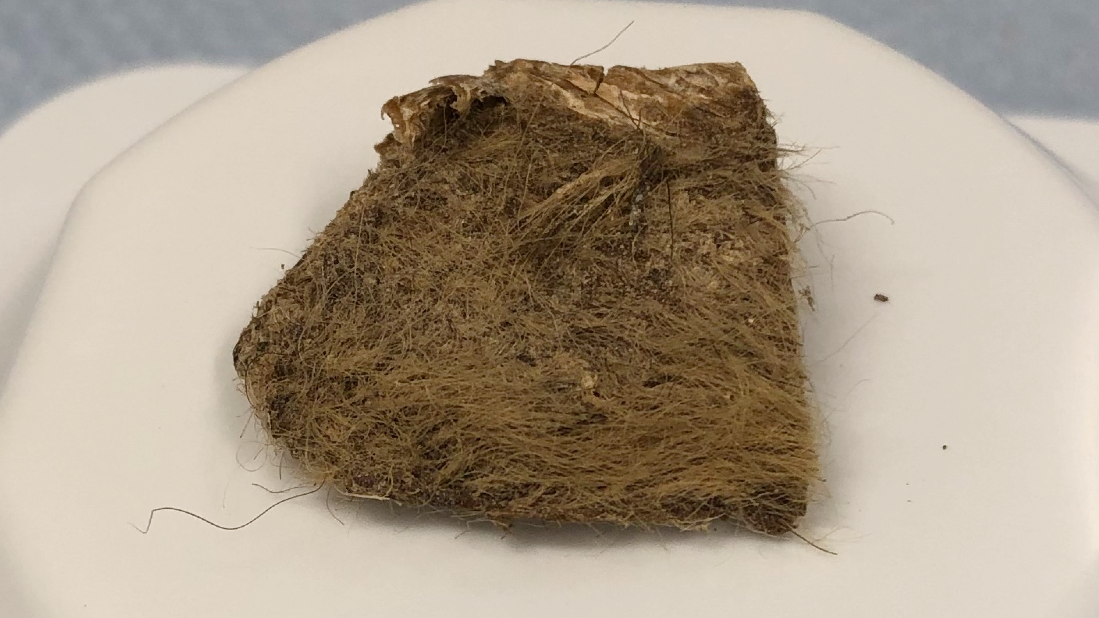Scientists discover oldest air on record trapped in 6-million-year-old Antarctic ice
PositiveScience

Scientists have made an exciting breakthrough by discovering the oldest air ever recorded, trapped in 6-million-year-old Antarctic ice. This remarkable find, made by the Center for Oldest Ice Exploration, not only sheds light on Earth's ancient atmosphere but also helps us understand climate change over millennia. Such discoveries are crucial as they provide valuable insights into our planet's history and the long-term effects of environmental changes.
— via World Pulse Now AI Editorial System





